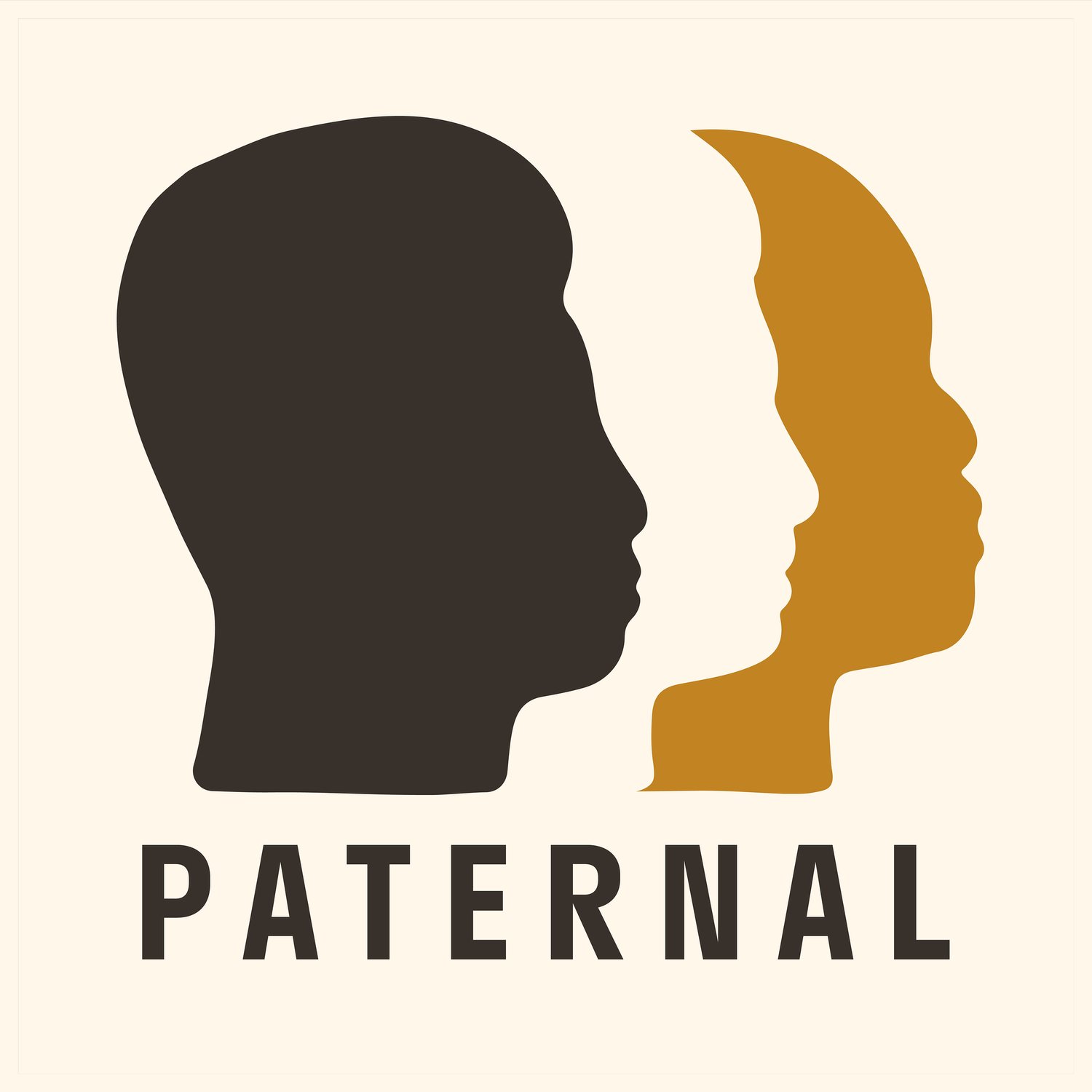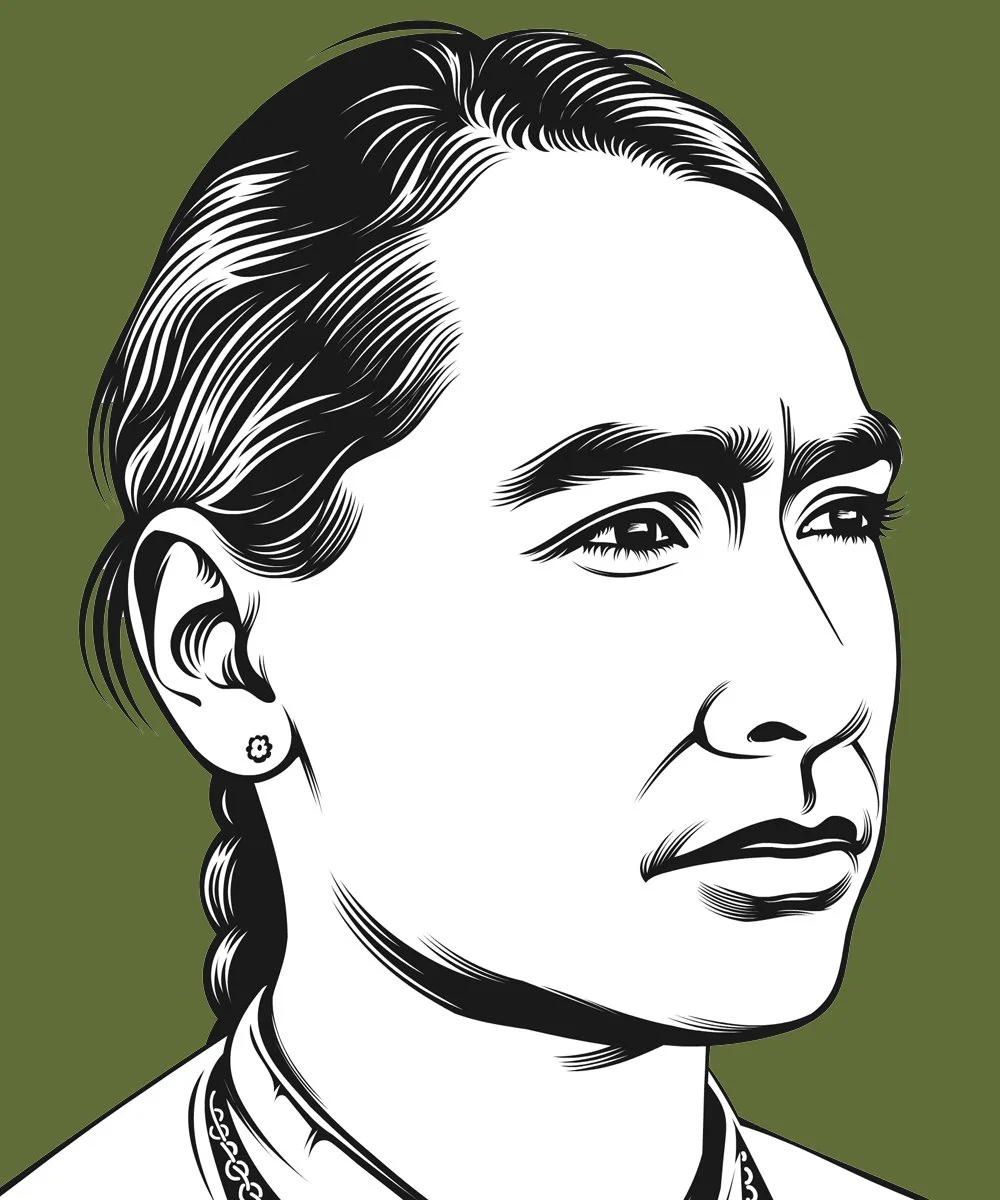As a teenager, Julian Brave Noisecat often heard ghost stories about the history of the Canim Lake Indian Reserve. He considered them simply rez legends, and figured the details of the stories - that indigenous babies had been born and left in the incinerator of the Christian residential school - simply couldn’t be true. But then he learned the origin story of his own father, and everything changed.
Now an acclaimed author and the first Indigenous North American filmmaker ever nominated for an Academy Award, Noisecat opens a new year on Paternal with the story of discovering the truth about his father, and why the story was largely shrouded in silence for decades. He also discusses how adults sent to residential schools as kids sometimes struggle as parents themselves, and what he’s learned about forgiveness and acceptance for his own father after learning more about his life.




















